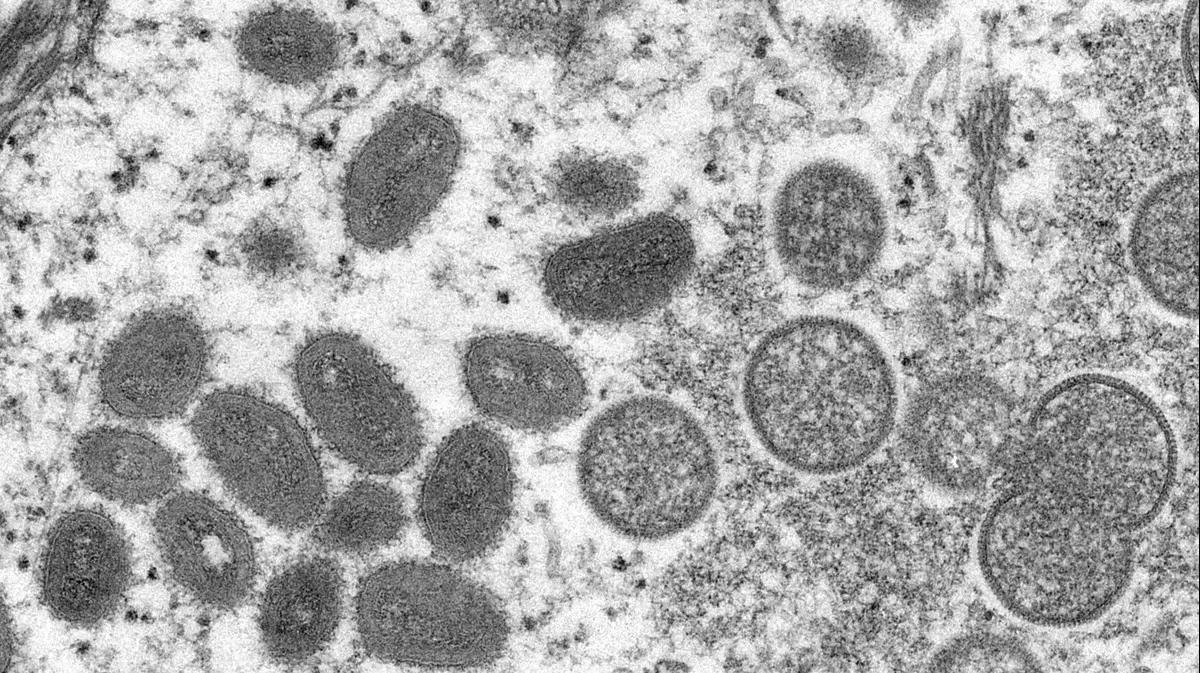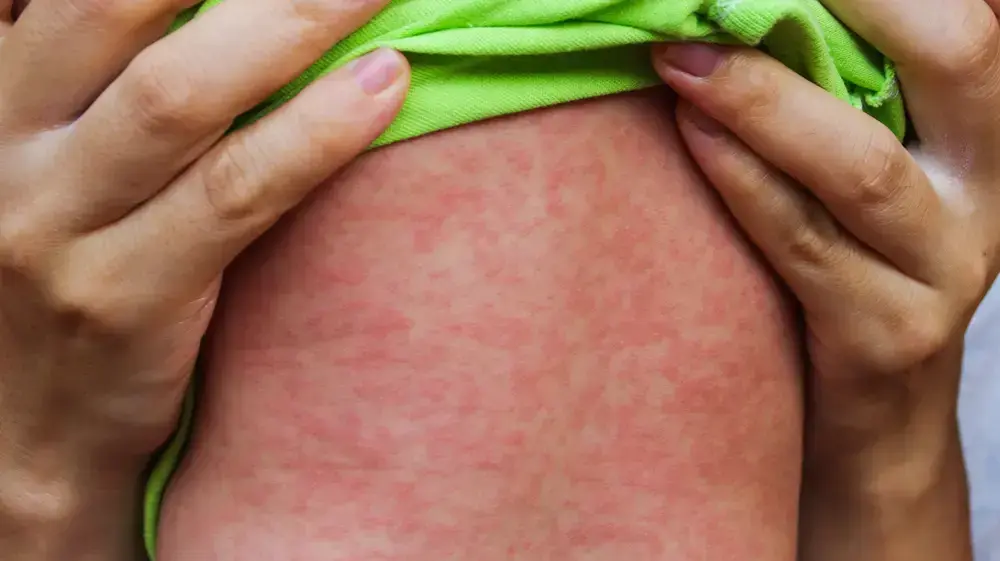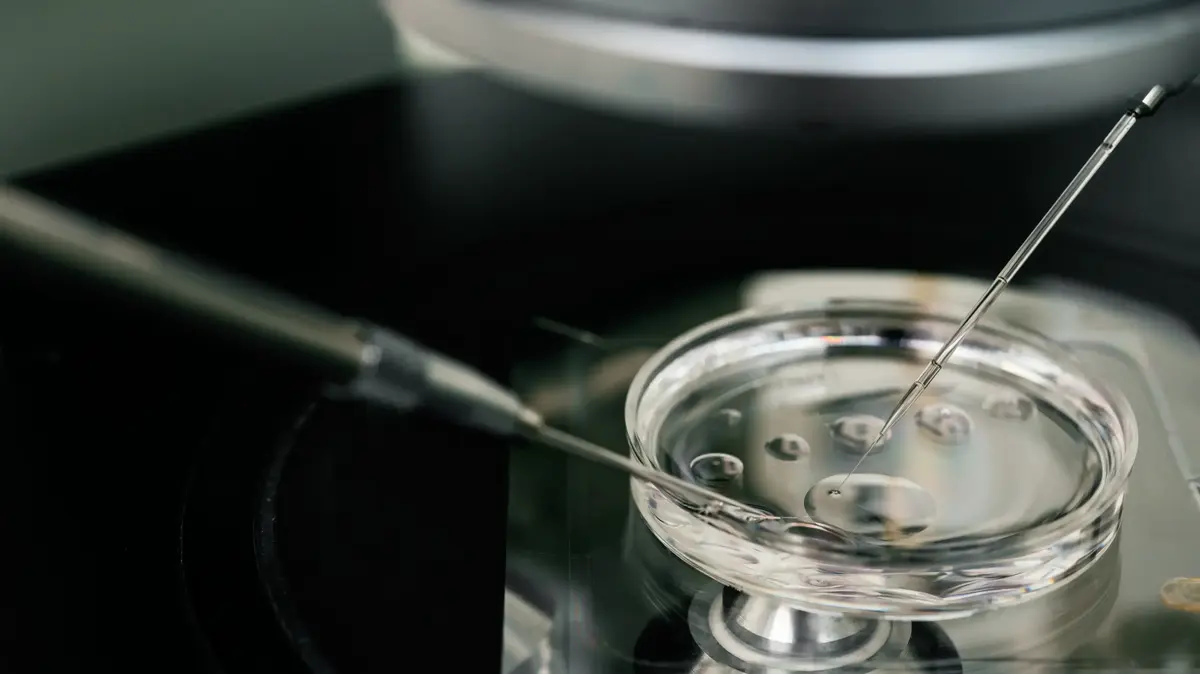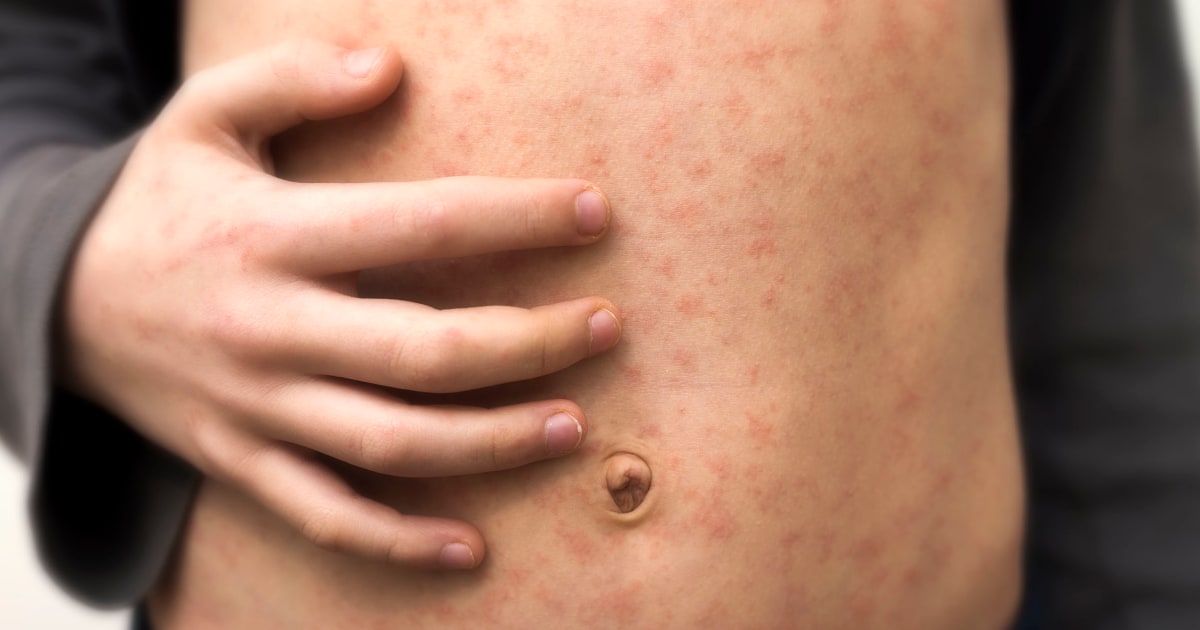How do the monkeypox vaccines work and who should receive them?
Today the vaccines against monkeypox are supposed to land in Israel and they will make their way to populations at risk.
An expert explains why the disease broke out just now, is there any justification for declaring a global emergency and how does the vaccine work?
Dr. Oren Kobiler
07/26/2022
Tuesday, July 26, 2022, 08:00 Updated: 08:22
Share on Facebook
Share on WhatsApp
Share on Twitter
Share by email
Share in general
Comments
Comments
On video: a briefing by doctors from the Massachusetts hospital about the first case of monkeypox (Photo: Reuters)
The World Health Organization declared last weekend a global emergency due to the spread of the monkeypox virus.
According to the organization's data, more than 16 thousand cases have been reported so far in 75 countries around the world.
A total of five deaths were recorded as a result of the outbreak and so far in Israel 114 patients have been diagnosed with monkeypox.
Following the announcement, a shipment of thousands of monkeypox vaccines is expected to arrive today (Wednesday) to be given according to the prescription set by the Ministry of Health.
So why did the disease break out just now, how does the vaccine work and who is in the risk groups of getting infected and getting the disease?
What is monkeypox?
Monkey pox is a viral disease characterized by initial signs of fever, weakness and enlarged lymph nodes, and after a day or two a blistering rash appears (bumps on the skin filled with fluid).
The rash can be localized or spread throughout the body, and clears up within a few weeks.
Both the rash and the scabs contain many infectious viruses.
It is important to note that there is effective drug treatment and an effective vaccine, but their global availability is low.
A relative of smallpox.
The monkeypox virus (Photo: Reuters)
What do we know about the virus?
The virus is a relative of smallpox (and is not related to the virus that causes chickenpox) and has been known since the 1950s and was first discovered in monkeys (hence its name).
Apparently the virus is found in the rodent population in Africa and can occasionally be passed on to other animals (or humans) that come into contact with them.
Two strains of the virus are known in Africa, the Central African strain is considered more deadly than the West African strain.
The variety that is currently breaking out in the world is the West African variety.
What is the reason for the outbreak now?
There are several main reasons for the current spread:
the first reason is
global warming
which causes animals to migrate and look for other living conditions, as well as the entry of humans into the animals' living areas - which causes more contact between animals and humans and therefore an increase in the frequency of the virus passing from animals to humans.
In general, in recent years, we can see more and more transmissions of monkeypox to people in the endemic areas of Africa.
The second reason is
the movement of people from place to place
which increases the chance that an outbreak in Africa will reach outside Africa and spread around the world quickly.
A third reason is
the decline in human immunity against the virus
.
Humanity stopped vaccinating against smallpox in 1980 after the disease was declared extinct.
The smallpox vaccine also prevents monkeypox infection, so when most of the (young) population is no longer vaccinated, the chance of transmission to and between people increases.
The fourth reason is related to the fact that the disease came out of Africa, apparently at a party of the gay community that included a lot of
close contact between men having sex with men
.
Due to the close contact and due to the characteristics of those who come to the party (men who change partners often) the disease spread relatively quickly in this community.
So far over 90 percent of the infections are in the gay community.
Passes mainly in close contact with the blisters or the scabs.
The palms of the hands of a monkeypox patient (Photo: Reuters, CDC/Brian WJ Mahy)
How else can you get infected with the virus besides sex between men?
The disease mainly passes through close contact with the blisters or the scabs.
Although you don't have to have sex in order to allow close contact, any sexual contact requires close contact.
So far there have been several reports of droplet infection (great proximity between the patient and the infected) or as a result of contact with the patient's sheets or clothing.
The main transmission is through direct skin-to-skin contact.
At the moment it is recommended that men who have relations with men use a condom in order to reduce the possibilities of sexual intercourse.
Which population is at risk?
The population that is currently at increased risk of being infected is the population of men who have sex with men.
Because it is a closed community characterized by a lot of close contact between people, and that is where the infections started.
On the other hand, the population at increased risk of becoming seriously ill from the virus is a completely different population, here it is mainly small children (under the age of five), pregnant women, the elderly and the immunocompromised.
At this stage there is almost no overlap between the group at high risk of being infected and the group at risk of becoming seriously ill and this may be one of the main reasons that we have not yet seen mortality outside of Africa in this outbreak.
It is important to remember that if the epidemic is allowed to continue to spread, it is more likely that the population at increased risk of becoming seriously ill will also become infected (there are currently a few reports of children being infected during the outbreak).
Is there justification for declaring a global emergency?
The state of emergency declared by the World Health Organization is intended to increase awareness of the disease, coordination between countries by increasing detection and cooperation, and the importance that the organization considers in activities to prevent further spread.
The goals are worthy and important, but one should not conclude from the statement that we are all going to be infected with this virus without emergency action.
The statement does not suggest taking emergency actions such as closing borders and restrictions on the population.
How does the vaccine work?
The vaccine is a weakened vaccine of another virus from the family that can hardly replicate.
The smallpox vaccine was actually another virus from the family (horsepox) which was the first vaccine given to humans and its effectiveness was very high until it completely eradicated the smallpox disease.
However, since it was a virus from this family, the vaccine sometimes caused severe side effects.
Following this, it was decided to develop a safer vaccine with fewer side effects by weakening the live virus.
This is the new vaccine that is being brought to Israel.
It is given by injection compared to the old generation of the vaccine given by scratching the skin.
Dr. Oren Kobiler is a virologist and senior lecturer at the Tel Aviv University School of Medicine
health
news
Tags
Vaccination
Monkey pox




/cloudfront-eu-central-1.images.arcpublishing.com/prisa/PCE7NMB26ZDVRIQX2R26JSNH6A.jpg)










